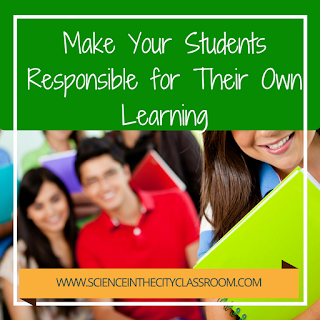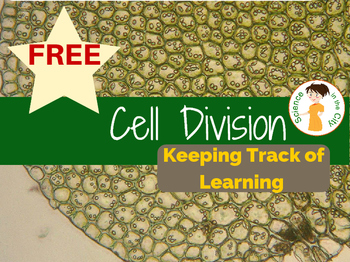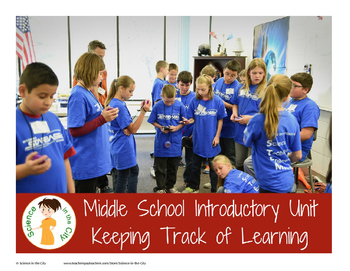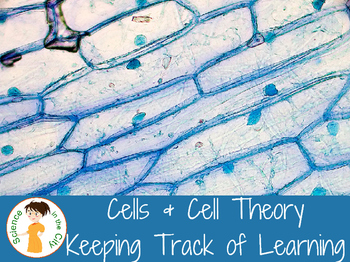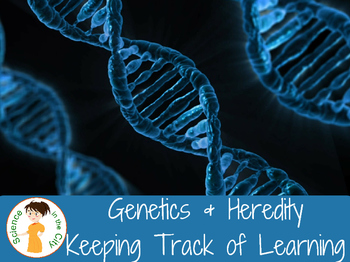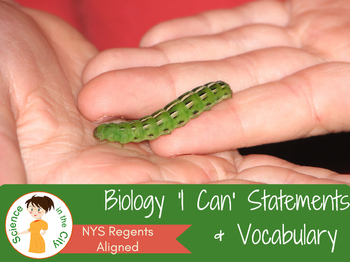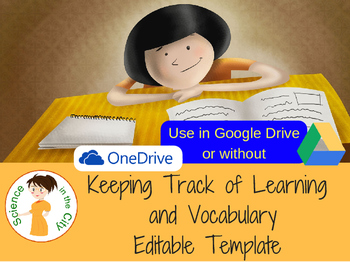Liebster Blog Award
I was nominated by FunintheFours for the Liebster Blog Award. This is an award to new bloggers to acknowledge them, encourage them and gain new readers) are:
- link back to the blog that nominated you (done up above)
- post 11 random things about yourself
- answer the 11 questions posted by the nominator
- create 11 questions for the people you nominate
- choose 11 other blogs with less than 200 followers and link to them on this post
2. 11 Random things about myself
- 1 have 2 kids
- I live in upstate NY
- I used to do environmental consulting and geology, before I became a teacher
- I am also married to a teacher
- I like to cook, garden, and scrapbook
- I am a creative cook because my son has a lot of food allergies
- I am home sick today, waiting for the dr. to open and see if I have strep throat
- I recently (last year) switched from a high school to a k-8 building and I'm learning so much just by being in an elementary building.
- My older son is in first grade - very interesting to be on the parent end of it.
- Our only pet is 2 betta fish.
- My kids named the fish - "Spikes-a-lot" ('cause he's spiky) and "Darth Eater" (after Darth Vader, and he likes to eat.
- How long have you been teaching and what grade do you currently teach?
- What advice would you give a brand new teacher?
- What made you decide to enter the blogging world?
- Which blog do you really love to read?
- If you could visit any place in the world where would you go and why?
- What pets do you have? (If you don't have any - what pets would you really LOVE to have?)
- When you were a child what was your favorite book? What is your favorite children's book today?
- Do you speak any other languages? If so, which ones?
- What is one item you can't live without?
- If you look up from your computer right now what do you see?
- What is your favorite charity?
4. 11 other questions for my nominees
- What grades and subject(s) do you teach?
- What made you decide to be a teacher?
- How long have you been teaching?
- What type of district do you teach in (large/small, urban, suburban, rural)?
- What do you think is your strength (or your favorite part) of teaching?
- What part(s) are your weakness or do you dislike?
- What blogs do you really like?
- What are you most proud of?
- What hobby do you enjoy?
- What is the strangest food you have ever eaten?
- Why did you start blogging?
5. My nominess:
http://biology-roots.com/
http://mrsodonnellsroom.blogspot.com/
http://2peasandadog.blogspot.ca
and more to follow....








